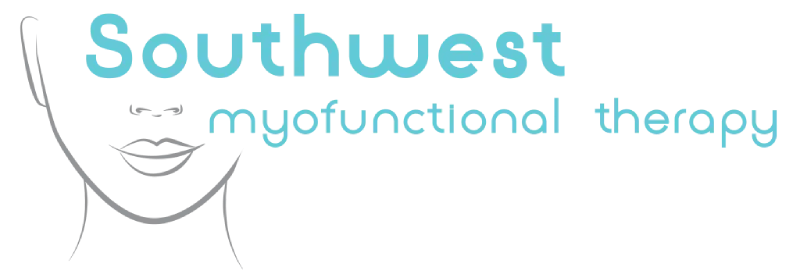Breathing Techniques for Childhood Asthma
In part 1 of Breathing Techniques for Childhood Asthma we discussed what normal breathing should look like, how asthma develops in children and what can trigger an asthma attack.
Welcome to part 2:
Symptoms in Children
- Coughing! Often this is the only symptom. It will start right after the child has been walking, laughing, running or playing.
- Loss of energy throughout the day.
- Frequent bouts of rapid breathing.
- Gasping for air.
- Shortness of breath.
- A whistling or wheezing sound when breathing out.
Symptoms often vary from child to child. Symptoms can also change from day to day or even from episode to episode in the same child. However, if your child is coughing it doesn’t mean that they have asthma. And if your child’s energy level drops during the day, talk to your doctor about sleep apnea in children or other breathing related issues.
Can You Prevent Childhood Asthma?
What causes childhood asthma isn’t fully understood. Careful management of the environment and limiting exposure to asthma triggers are the best way to protect your young ones.
Triggers may include:
- Dust mites
- Second-hand smoke
- Air-pollution
- Pullen or mold
- Pet dander – though recent studies have shown the exposing children early on to animals can actually prevent asthma and allergies.
How to Treat Children with Asthma
Thankfully, it can be treated. There are three essential steps to take that will help manage your child’s asthma.
Identify your child’s triggers and set up their environment so there is little to no exposure. For example, if mold is a trigger, make sure the humidity level in your home is below 50%, make sure the air flow throughout the house is good, fix any leaks in the house including the roof, windows or plumbing, add mold inhibitors to paints before painting and keep bathrooms well ventilated.
Research and learn about a specific breathing technique developed by a Soviet doctor named Konstantin Pavlovich Buteyko. Buteyko Breathing is a simple, easily taught set of exercises that requires no special equipment or long-term expense. Studies have shown that is has helped lessen asthma attacks and reduced, coughing wheezing and shortness of breath.
Talk to your Dr. about the different medications prescribed to get the asthma under immediate control. These may include an inhaler and nebulizer, a bronchodilator, or an anti-inflammatory.
Treatment options for asthma include both short-term and long-term medications and lifestyle changes to help manage the symptoms.
To learn more about breathing techniques for asthma, sleep apnea and other breathing disorders call Sandraluz today at (505) 218-6565. She is a registered dental hygienist, and a certified orofacial myofunctional therapist practicing in the greater Albuquerque, NM area.
Office Hours
MON - THU8:30 am - 5:00 pm
FRI - SUNBy appointments only






